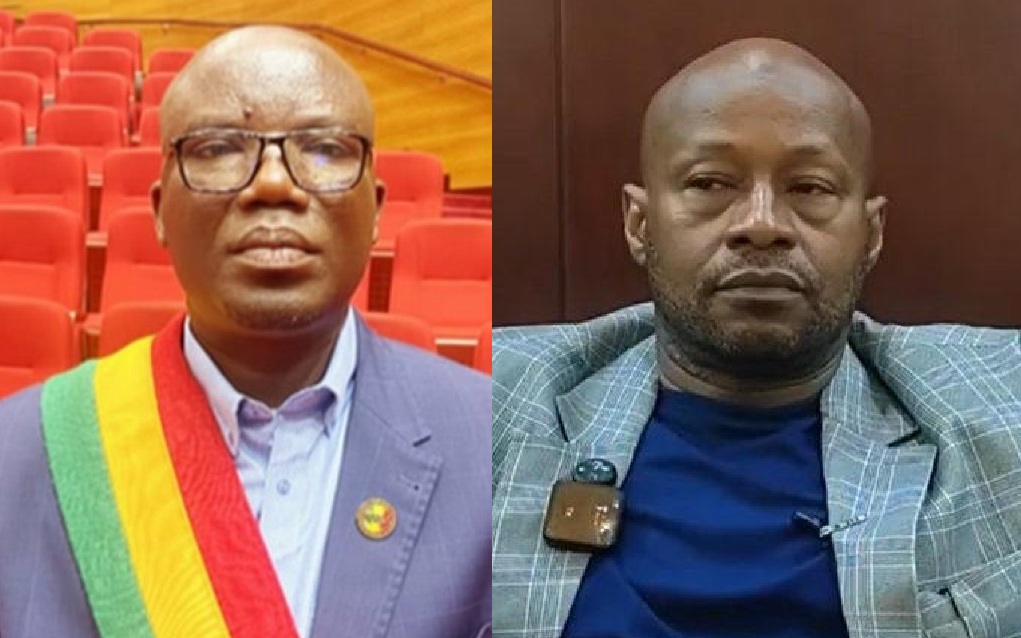
Two members of Mali’s National Transitional Council (NTC) are facing prosecution over online videos in which they supported the government’s controversial dissolution of political parties and issued threats against its opponents.
Moulaye Keita and Biton Mamari Coulibaly appeared before the National Cybercrime Unit on 2 October 2025 to answer charges of incitement to violence, public insults, and threats.
The accusations stem from videos posted on social media in which they endorsed the transitional government’s decision to dissolve political parties in May 2025 and warned protesters who opposed the move.
Authorities allege the content of the videos amounted to incitement and threats, prompting their prosecution under Mali’s cybercrime laws. The hearing was adjourned until 27 October, with the court ordering the defendants to pay a deposit of 5,500,000 FCFA while the case continues.
Defence lawyers, led by Mountaga C. Tall, argued that members of the NTC remain accountable for actions committed outside their official duties. “The principle of equality before the law must be respected, regardless of the position held,” Tall told the court, underlining that political office does not exempt individuals from legal responsibility.
The trial unfolds at a critical moment for Mali’s political transition.
Following the dissolution of political parties, transitional leader General Assimi Goïta introduced a new charter that indefinitely extends the transition period until the country is “completely pacified.”
The move has drawn criticism both domestically and internationally, with many viewing it as a consolidation of power and a setback for Mali’s democratic trajectory.
The upcoming verdict, scheduled for 27 October, is expected to have far-reaching implications beyond the fate of Keita and Coulibaly.
Observers say it will serve as a key test of the independence of Mali’s judiciary and the government’s commitment to democratic principles during a turbulent transitional period.
The international community, human rights advocates, and political analysts will be closely watching the proceedings, which could shape perceptions of justice and governance in a country still grappling with insecurity and political instability.



